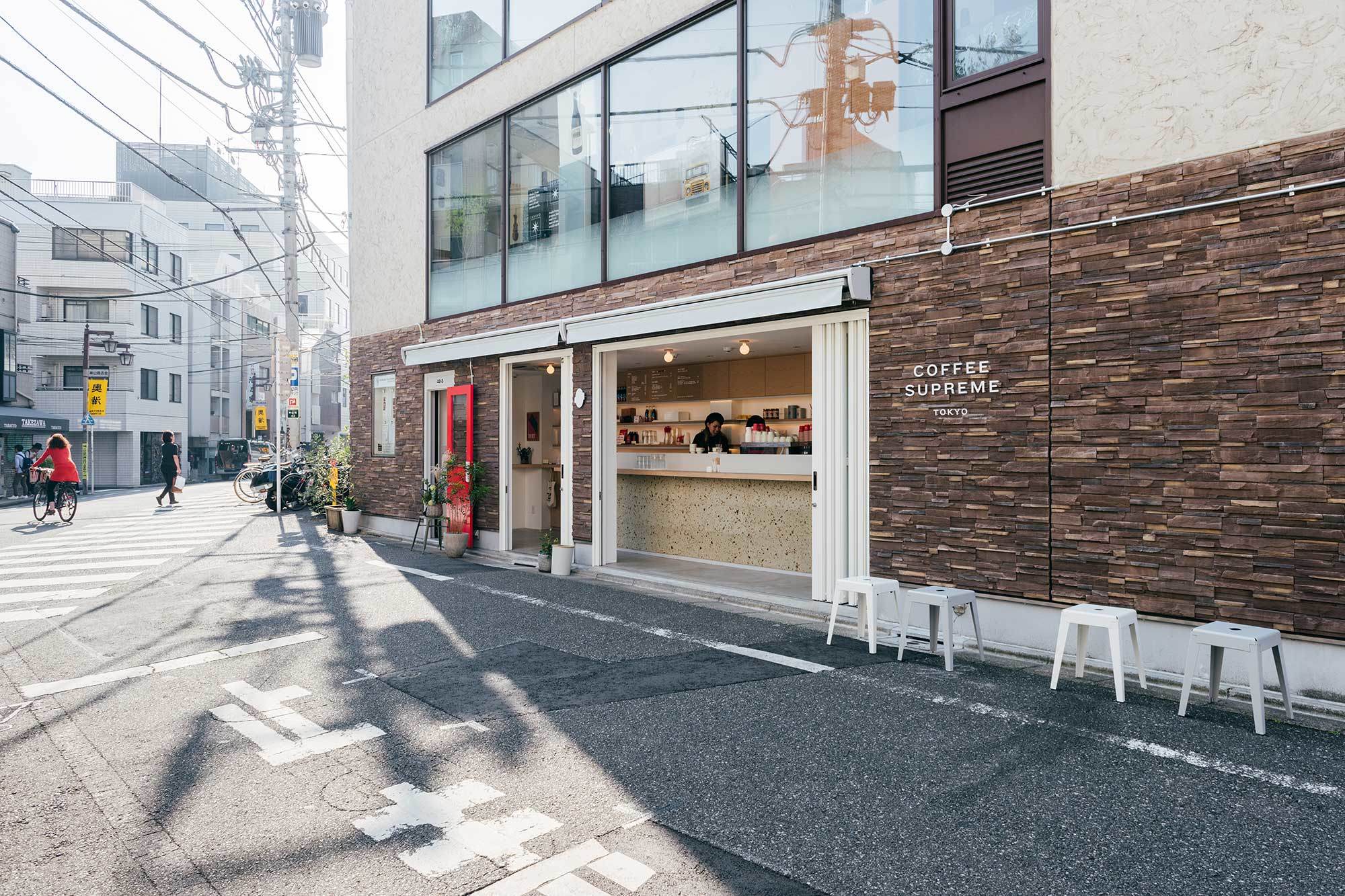A shining example of not simply making a product and shipping it overseas, Coffee Supreme is exploring a myriad of different models to take on overseas markets. Catherine Beard reports.
Starting in Wellington with a single cafe in 1993, Coffee Supreme has grown into an international brand operating offshore with roasteries, wholesale divisions and cafes in Melbourne and Brisbane.
But for the past year their strategy has evolved, to focus on expanding their brand globally in a less capital-intensive way than setting up roasteries in every centre.
So what are they doing differently?
“We’ve invested heavily in digital to drive direct-to-consumer business worldwide, which is growing at ten percent month-on-month; in new product development to create new channels; and increasingly on our own retail,” explains CEO Richard Shirtcliffe.
“Those efforts are being backed by NZTE which has enabled us to open in Tokyo with a hospitality and retail presence; to dip our toe in the water in Seattle; and open in Sydney.”
Point of difference
“To some people, coffee’s a commodity,” says Richard. To us it’s very much an experience, as magical and varied as wine experiences are.
“So for us to compete in New Zealand and anywhere, we focus on the twin wins of Employee Experience and Customer Experience: the fundamentals of the highest possible quality in everything that we do; on mission, on values and on caring.
“We ensure that as a business we give back through charity and community work locally and at coffee ‘origin’.
“That deep focus on quality right through every area of the business makes customer experience our key competitive advantage. We’re actually living our values, and both employees and customers know that.
“So far we’ve largely avoided the grocery channel (other than select independents), preferring to be either a deep-service, full value chain wholesale business in New Zealand or lean retail business offshore. Either way we’re unique in our focus on brand, customer experience, and being one of the only roasteries in Australasia that has direct relationships with coffee farmers at ‘origin’. They’re literally on speed-dial!
“Paying a premium to farmers, so they get what they deserve, is where sustainability starts for us and ensures we secure the very best beans in a very narrow quality window. On a scale of 0-100 we only purchase 85+ so these relationships are critical.”
“Markets are picked really carefully using a variety of factors such as industry intelligence, social insights (direct from fans globally), stage of market analysis, ROI forecasting, labour market analysis and the appropriateness of the local market partners.”
Tailoring to suit markets
Every market is different and Richard says they seek the best combination of their brand and the model that best fits the market.
“We’re really happy to operate a range of different business models to suit different markets. Our traditional wholesale model is very capital intensive – from procurement to the roasting of the beans, to our tech service and barista training, to brand, and marketing.
“But over the past year we’ve trialed a leaner model, and sought to stretch into different channels with new product development, which is creating an entirely different offering for us.
“For example, Japan is a very sophisticated, brand-orientated market so using a retail/hospo model driving off a brand that’s renowned in global coffee made a lot of sense there.
“It’s been a launchpad for gentle wholesale through Tokyo and beyond, but more excitingly we’ve now won opportunities to open more installations in Japan. This is taking us in a new direction with a much more direct-to-consumer approach.
“The challenge going into new markets is speed of influence. Coffee’s a very competitive market and you need to influence the market rapidly in order to prove relevance and return your investment in a viable timeframe.
“We have a goal to be the greatest little coffee company in the world. That doesn’t call for size, but for ever-outstanding customer experience off the back of outstanding quality product. So we don’t chase growth per se, we focus on taking amazing coffee experiences to ever more people.
“If we keep doing that well, we’ll continue to grow!”
Catherine Beard is executive director of ExportNZ.




